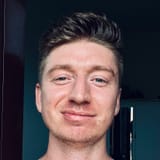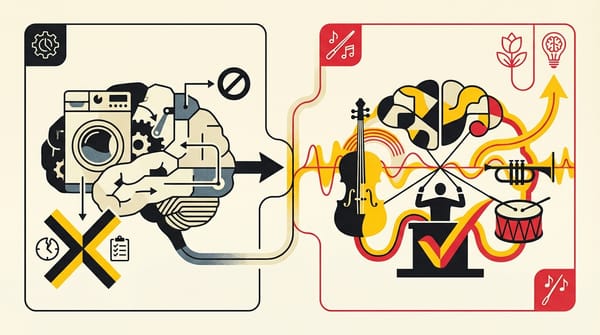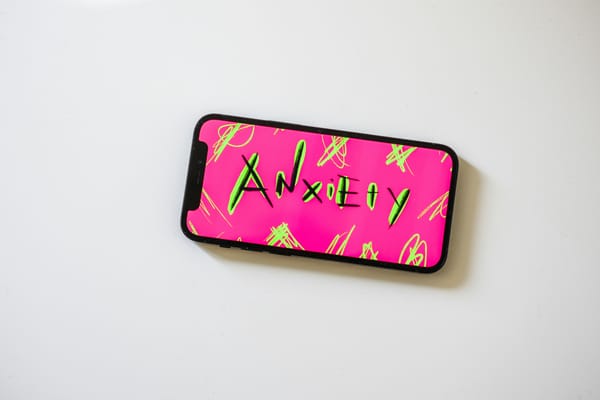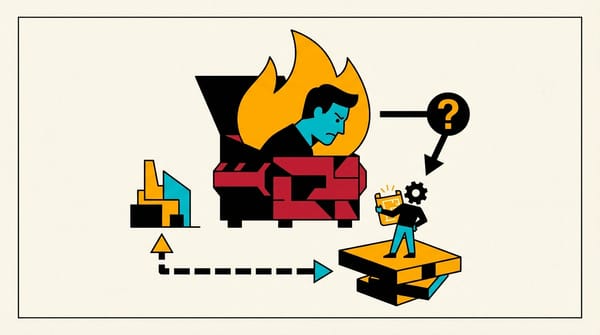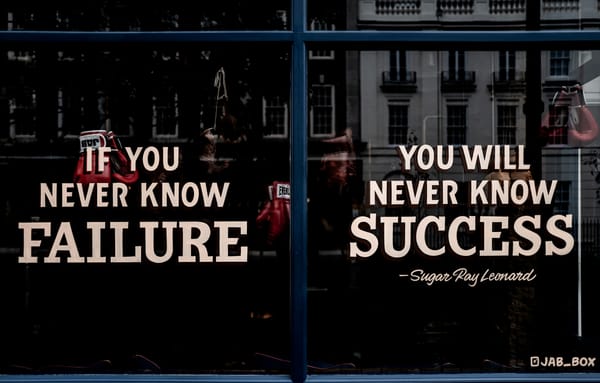How I Found Out I Had ADHD and What Frustrates Me About It
Discover how I uncovered my ADHD at 30 and the insights that transformed my life. Learn coping strategies and find clarity in your journey.
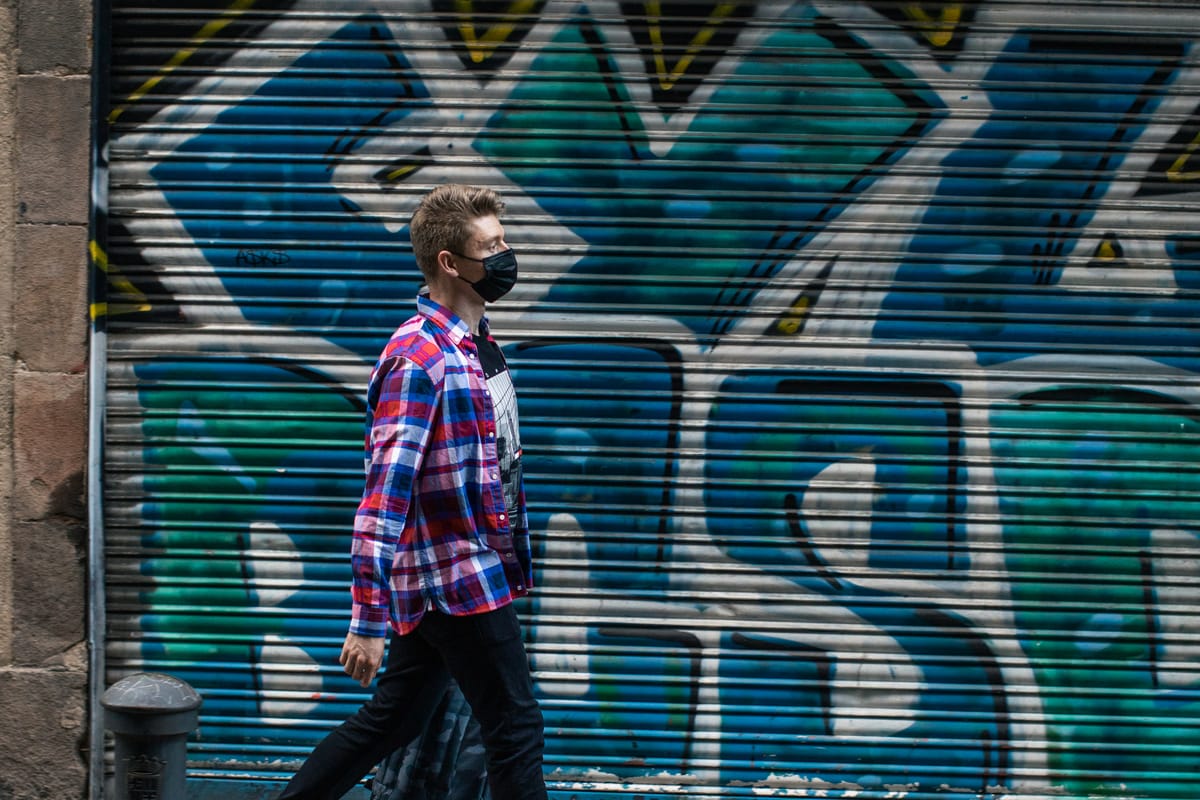
🤖 This podcast is generated using AI technology. Disclaimer: The generated content may contain errors.
The most absurd thing about being diagnosed with ADHD at 30 is that my younger brother (I was born in '90, he in '98) was diagnosed with it in childhood. Meanwhile, I struggled until I was 30, not understanding what was happening to me.
I searched for answers in psychology, tried to understand how to be myself, how to cope with my peculiarities. I thought I was just a very creative person - interested in everything, taking on everything, wanting to know and try everything. And only now I've learned - it's ADHD.
The psychotherapist explained how to live with it, and my world changed. This doesn't mean that all the techniques and tools I found before became useless - they still work. When you know you have ADHD and understand how it works, life becomes much easier. You're no longer completely confused - you understand what's happening to you and can control it.
Of course, it was painful - in school, teachers constantly humiliated me and made me think I was stupid, although this wasn't true at all. Even if they had known about my ADHD, they probably wouldn't have cared. But I would have been much calmer, and I wouldn't have suffered so much psychological trauma.
I read Barbara Sher's book about scanners and drivers, which seemed helpful at first but ended up complicating my life. Believing I was a scanner, I began exploring everything even more actively, which only made things worse. Of course, I learned many new and interesting things, my dopamine system was happy, and perhaps this eventually led me to my current career. But now I'm much more at ease knowing that I don't need to constantly search for something new.
This doesn't mean the book is bad - it just wasn't right for me. I became much happier when I realized I could calm down and stop. The book provides many examples that seem real and achievable. And if you also have ADHD, you might be comfortable living that way. But I learned from experience that I'm not. I don't remember if ADHD is mentioned in the book, but if not, it should be - it could help many people understand themselves, seek professional help, and figure out what's happening to them.
For example, I finally found peace in choosing a profession. Before, it was an endless race: constant learning, endless trials of everything in search of my purpose. Now I understand that I just need to choose one direction and develop in it. I perceive each impulse to try something new as a manifestation of ADHD, can control it, and continue with my chosen path without jumping to search for something new.
But it's important to study this syndrome more deeply because it's much more complex than described above. I had a turning point: I felt very bad and lonely, despite having many friends around - no one understood me. But as if by magic, my Instagram feed reorganized itself and started showing me many videos of people talking about the syndrome and its manifestations. It was amazing because for the first time, someone described my life exactly as I see and feel it. And it became much easier for me. I should dive deeper into this topic.
As always, I invite you to share your opinion in the comments
With love 😽 🤗 😘
K
